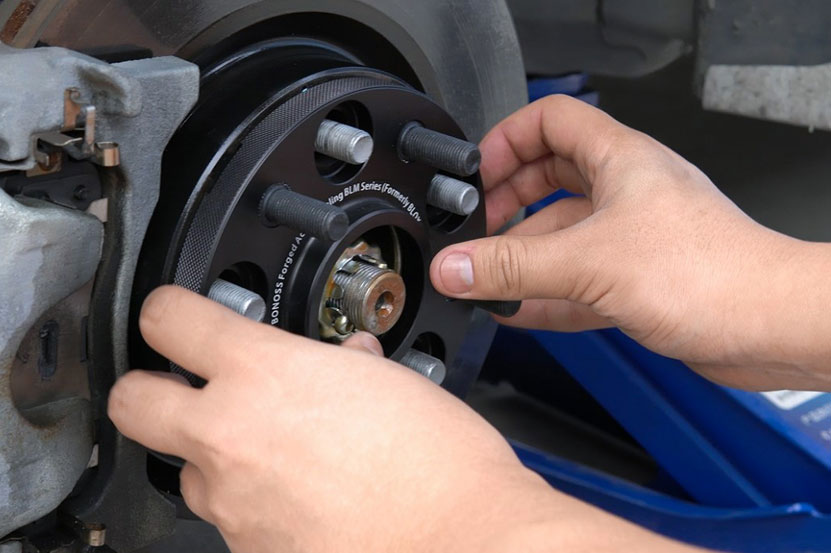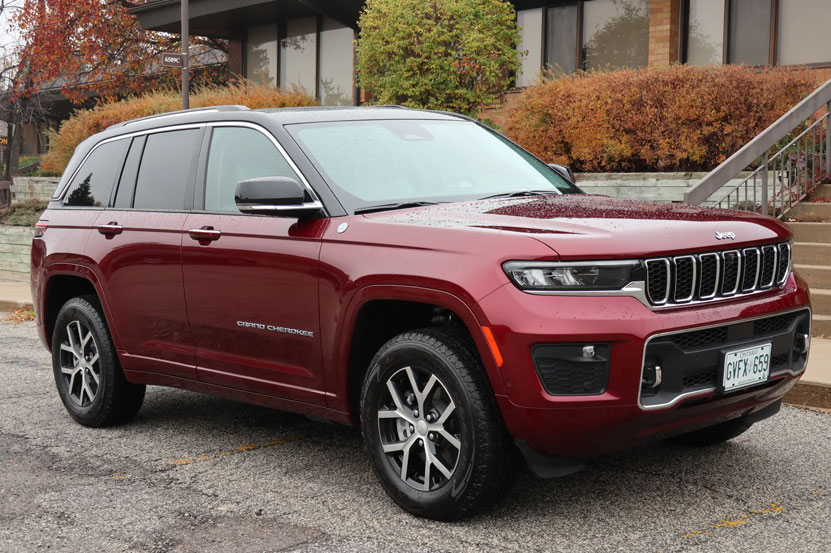If you own a 2022 Jeep Grand Cherokee or are thinking about getting one, there’s a good chance you’ve heard chatter about brake problems. While the Grand Cherokee is well-loved for its rugged design and smooth drive, several owners have raised concerns about its braking system. In this article, we’ll take a deep dive into the most commonly reported brake issues, what signs to look out for, possible causes, and how you can deal with them without losing your cool.
Common Brake Problems in the 2022 Jeep Grand Cherokee
Let’s begin with the basics—what kinds of brake problems are people experiencing with the 2022 model? Here are the most talked-about issues:
1. Brake Pedal Feels Spongy or Soft
A soft or spongy pedal can feel like you’re pushing into a cushion rather than controlling a machine. Some Grand Cherokee drivers say the brakes don’t feel firm, especially at lower speeds. This can make the vehicle harder to stop, which is obviously a safety concern.
2. Brake Noise – Squealing or Grinding
Unwanted sounds when you apply the brakes are not just annoying—they’re usually a red flag. Jeep Grand Cherokee owners have reported hearing squeaking, squealing, or even grinding. This could mean the pads are worn out or that dust and debris have gotten into the system.
3. Brake Warning Light Coming On
Some owners say their brake warning light comes on without clear reason. If this happens, it usually means the system thinks there’s a fault—even if there isn’t one at the moment. It could be something as simple as a sensor issue or a sign of something more serious.
4. Premature Brake Wear
Many drivers believe their brake pads or rotors are wearing out much sooner than expected. In a fairly new SUV like the 2022 Grand Cherokee, that can be surprising—and expensive. This problem could be caused by cheap materials or improper installation at the factory.
5. Brake Vibration
Vibration while braking is another concern. This is often felt through the pedal or the steering wheel and usually means something’s not quite right with the rotors. Warped rotors or uneven brake pad wear are often to blame.
What Could Be Causing These Problems?
Let’s break down the potential causes behind these brake issues in simple terms.

1. Low-Quality Brake Components
If the manufacturer used budget parts to keep costs down, they might wear out sooner than better-quality ones. Some drivers believe that cost-cutting may be at the root of these complaints.
2. Rotor Warping
When you brake hard or frequently, the heat from that friction can cause the rotors to warp. Once warped, they can make your car vibrate during braking and reduce stopping power.
3. Air in the Brake Lines
That spongy feeling in your pedal? It might mean there’s air in the brake lines. That reduces pressure in the system and leads to weak braking.
4. ABS System Glitches
The Anti-lock Braking System (ABS) helps prevent skidding, but some drivers say it kicks in too often or acts up without warning. This could be tied to faulty sensors or control modules.
5. Improper Installation
Sometimes it’s not the parts—it’s the way they’re put together. If a technician didn’t install the brakes correctly, or didn’t torque them to spec, that could be the root cause.
Real Owner Experiences
Online forums, user reviews, and service bulletins paint a clear picture. Many Grand Cherokee drivers from 2022 have taken their SUVs to the dealership multiple times just to sort out brake issues. Some say the problem returns even after repairs. Others mention long wait times for parts, which adds to the frustration.
One owner mentioned having their pads and rotors replaced just 10,000 miles in—an unusually short lifespan for those components. Another said they had the brakes checked four times in the first year alone due to repeated noise and pedal concerns.
What You Can Do About It
1. Check for Recalls
Always start by checking if there’s an official recall. Jeep (under Stellantis) will usually cover repairs if the problem is part of a recall. You can check your VIN on the official Jeep recall website.
2. Get a Brake Inspection
If anything feels off—whether it’s the sound, feel, or stopping distance—schedule a brake inspection. A trusted mechanic can usually spot worn-out pads, warped rotors, or fluid problems quickly.
3. Document Everything
If your Grand Cherokee is still under warranty, keep a record of all the brake issues and repair attempts. This helps in case you need to escalate the problem or request a replacement or buyback under lemon laws.
4. Upgrade the Parts
If the factory brakes are failing you, consider upgrading to premium aftermarket parts. Quality pads and rotors can make a huge difference in performance and durability.
5. Stay on Top of Maintenance
Changing brake fluid, cleaning calipers, and checking pads regularly can help extend the life of your braking system—even if the stock parts aren’t perfect.
Is It Still Safe to Drive?
If the brakes are acting up, it’s best not to ignore them. Minor brake issues can turn into major safety hazards if left unchecked. That said, many 2022 Grand Cherokee owners haven’t had any issues at all, and it remains a solid vehicle overall.
But when it comes to your brakes, it’s always better to be safe than sorry. If something feels wrong, get it looked at right away.
What Jeep Has Said So Far
As of now, Jeep hasn’t issued a large-scale recall specifically for the 2022 Grand Cherokee’s brakes. But there have been a few service bulletins regarding brake squeal, early wear, and ABS concerns. If you’re dealing with these issues, it’s worth checking with your dealership to see if there’s an updated fix available.
Final Thoughts
The 2022 Jeep Grand Cherokee is a stylish, capable SUV—but like any vehicle, it’s not immune to problems. Brake issues have definitely been a concern for some owners, especially when it comes to noise, wear, and braking feel. While not every unit is affected, it’s something to be aware of if you own one or plan to buy.
The good news? Most of these problems can be fixed—sometimes under warranty, sometimes with a simple upgrade. Just keep an eye (and ear) out for the warning signs and don’t hesitate to take action. After all, your brakes are the one system you never want to gamble with.

